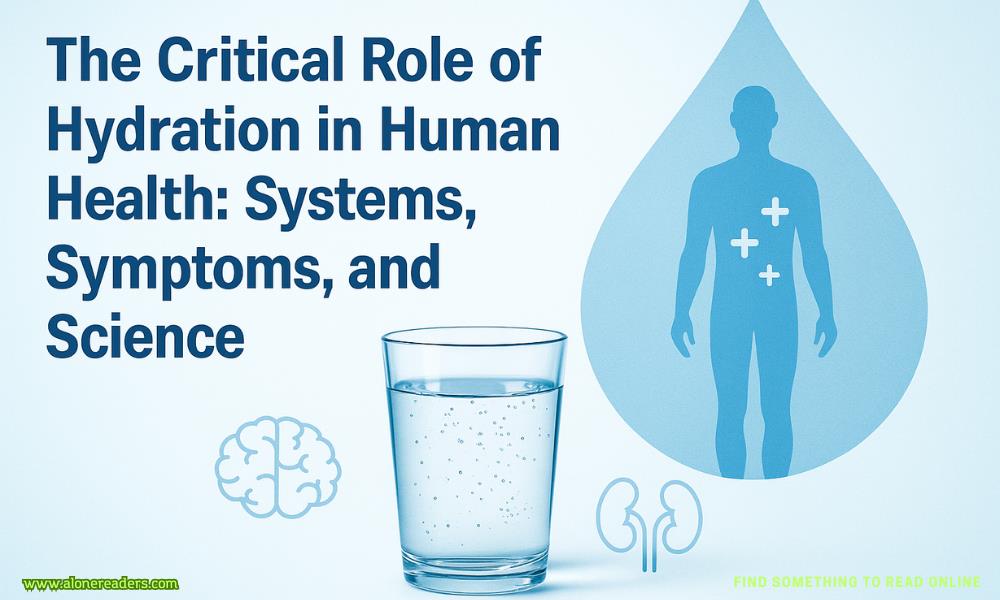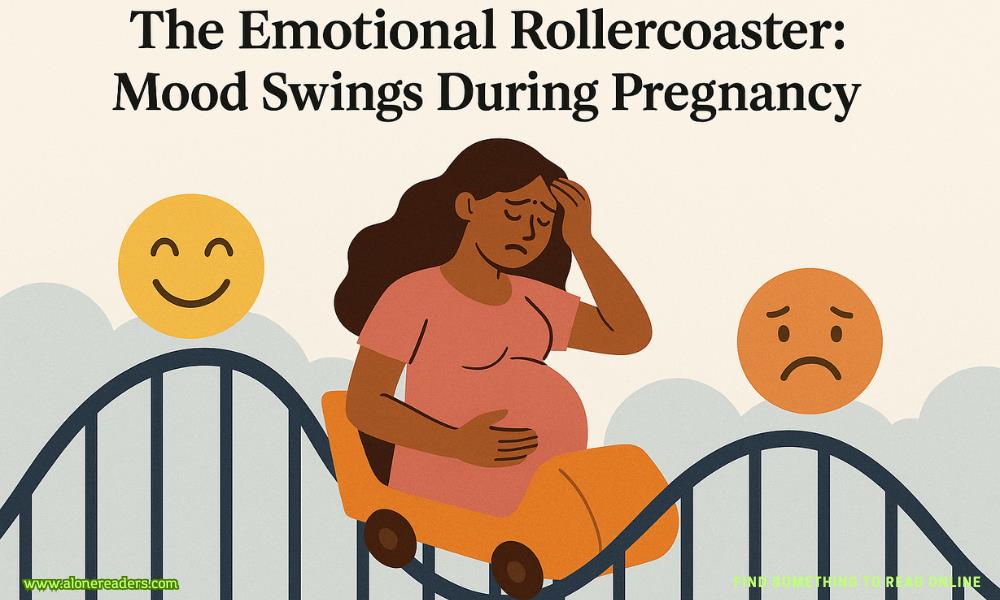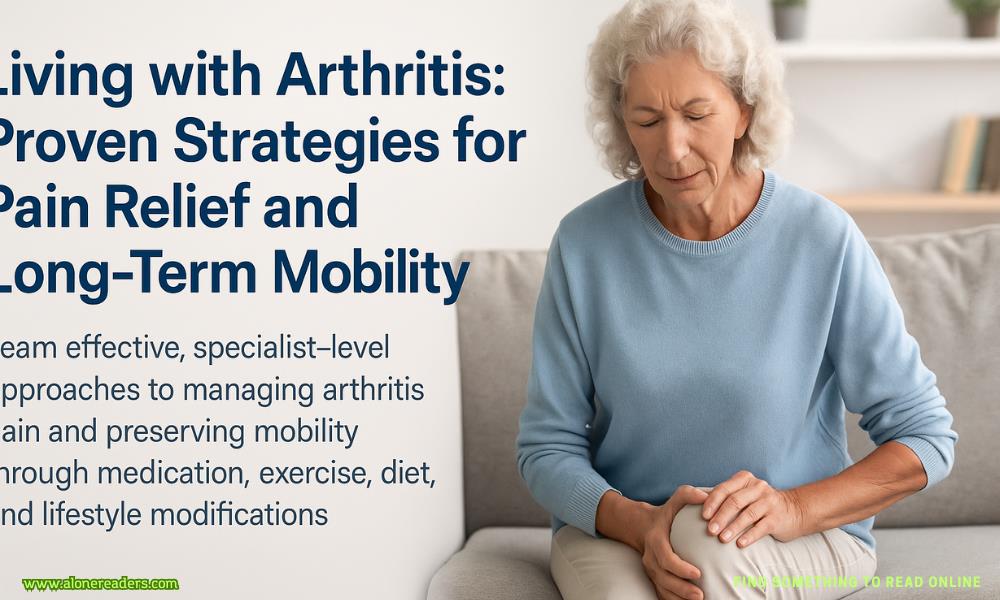Page 7 of Enzo
“Good.” Redcars had his daughter, Cassidy, this weekend, and it was right not to tell him until she was nearly being picked up by her mom.
“He says you should message him if he needs to come over now.”
I glanced up. “Nah, tell him we got this. We’re not bringing Cassidy anywhere near this.”
They nodded.
“We have work covered,” Rio said and fist-bumped Jamie, and then they vanished downstairs to do what Redcars officially did—fix and maintain broken cars.
I sat back in the chair, flexing my fingers, absently tracing the ink on my arm—the solid black that covered the tattoo I hated most. The one forced on me in prison, branding me as a killer. They’d had to hold me down to do it. That was the only time anyone had ever held me down for anything. I was a fighter—I always had been.
I stared at the black ink, feeling the ghost of the needle that had carved it into my skin. I hated that mark, but I never covered it with sleeves. It was a reminder—of the worst parts of my fucked-up life, of the things I couldn’t undo. But it also reminded me I’d survived. I’d fought my way through hell and made it out. And when I looked at Robbie—small, skinny, barely holding on—I saw that same fight in him. He was a survivor—a fighter.
My mother used to say I got that stubborn streak from my dad—that I inherited the same dark hair and brown eyes. On her more lucid days, she’d spin these stories about my dad as a dashing Puerto Rican man who swept her off her feet, a hero with a wild smile and a reckless streak. I didn’t know how much of it was true, and if I wanted to know for sure, I’d need a DNA test. But it didn’t matter. My mother was an addict, and anything I’d learned about surviving came from never wanting to become what she was.
There was still so much fear when Robbie woke up the next time, but he seemed to relax a little when he locked eyes with mine.
“Hey,” I said, and I helped him drink. I fiddled with the drip and then sat back down. “Can you tell me what happened?” I asked, although I already knew what the answer would be.
His body told enough of the story. The bruises were nasty—dark, ugly blooms of purple and black stretching across his ribs and trailing up to his chest. But it was the scars that hit me. The angry lines carved into his wrists — old marks, pale and faded, that spoke of past pain—and newer ones, red and raw, as if someone had taken wire or rope and tried to tear him apart. There were burns, too, scattered across his arms, some faint and barely noticeable, others deep and blistered.
The worst were the marks on his neck—thick, ropey scars that twisted like a collar above his collarbone. Someone had held him down. Someone had collared him so severely that the skin had been torn and scarred.
He had so much damage carved into him, but I saw the strength that had kept him alive. He’d clawed his way through hell and refused to die there. What had he escaped from?
“Robbie?” I prompted.
“No,” he said, curling in on himself as if shrinking down small enough would make him disappear. He drew his legs up, wrapping his arms around his bruised body. Every movement looked like agony, his face tightening with pain. It hurt him to move, but he’d do that instead of talking to me. His breathing turned ragged, and I could tell he was hurting—ribs, maybe. Stomach, too. The drugs would dull some of it, but not enough. I stayed put, giving him space, but I wasn’t leaving.
“I’ll stay here,” I said, examining the pile of reading material on the unit by the small sofa. We had everything from comic books to fiction books, as much as possible to cover anyone who needed to stay up here. I grabbed one with cars on the front, something familiar, something steady. Something to show him I wasn’t going anywhere.
“You can’t have me!” His voice cracked, dry, and rough.
He yanked at the blankets, and his voice rose, sharp and desperate. “I won’t give myself to you. I won’t let you hurt me. I’ll kill myself!” he tried to yank at the cannula in his arm, but I pressed a hand there to stop him.
“Jesus, kid, it’s okay…”
He struggled, but he was fading.
So I held him as he struggled weakly, and I waited for him to lose consciousness.
Whenever he opened his eyes—in panic or confusion—I was there. I made damn sure of it.
Sometimes, I sat quietly, flipping through magazines without seeing a word. Other times, I paced the room. Once, I’d drifted off in the chair, only to jolt awake the second he stirred, my heart hammering as if I’d been caught off guard.
“Why are you here?” he asked in one of his more lucid moments.
I met his gaze and let the truth slip out. “I’m here to keep you safe.” Safe was a lie some people told to make themselves feel better. But I wasn’t lying, not about this and not about him.
“I don’t want…” he choked.
“What?” I helped him sit up a little.
He fought me off, crying in pain, and then curled on his side.
“What don’t you want, Robbie?”
“Hope.”















